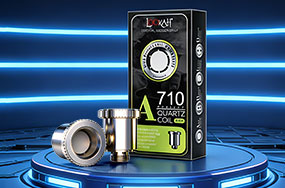Health warnings for e-cigarettes or vapes should be different from warnings on cigarettes, a health expert said.
Indonesian Professor and medical expert Tikki Pangestu sought a distinction on the health warnings during the second Philippine Harm Reduction Online Forum held by Harm Reduction Alliance of the Philippines recently.
“Health warnings on combustible cigarette packs should not be the same as those on the packaging of e-cigarettes and HTPs (heated tobacco products). This is because e-cigarettes and HTPs have been shown to be 90- to 95-percent less harmful than combustible cigarettes,” Pangestu, visiting professor at the Yong Loo Lin School of Medicine at the National University of Singapore and former director for research policy and cooperation of the World Health Organization, said.
Pangestu said the health warnings should be “proportionate to the risk of smoke-free products.”
He suggested that health warnings could state that HTPs or vapes, while not free from harm, are “significantly less harmful” than combustible cigarettes.
“The health warnings could also indicate that smoke-free products are for adults only and should not be used by the youth,” Pangestu said.
“There are many factors to be considered in developing regulations but in my view, such regulations must be based on the science and evidence around smoke-free products,” he added.
Pangestu had participated in several hearings held by the House of Representatives on vapor products and HTPs.
“I believe that the Philippine government is quite open to hear opinions and views from different [stakeholders], but at the end of the day the government has to make the decision. And a lot of these decisions are based not only on scientific evidence and are influenced by a variety of factors such as political, economic and socio-cultural,” he said.
Dr. Arleen Reyes, former president of the Philippine Dental Association, echoed Pangestu’s sentiments, saying “there are no reported cases of periodontal diseases” due to e-cigarettes.
“Based on the evidence at hand, I can recommend to my patients who are smokers to switch to e-cigarettes, which I consider as a harm reduction alternative to conventional cigarettes,” Reyes said. “At the end of the day, the best recommendation is still to quit smoking. But if the smoker cannot quit, he or she should at least shift to a less harmful alternative.”












































































comments